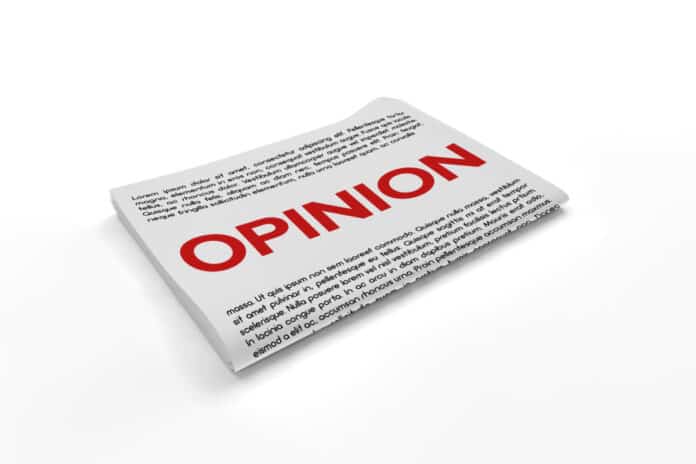Journalists know that when they cover chaotic and dangerous events, a press credential is a thin shield against the bullets flying and batons swinging around them. But as protests have spread around the nation, journalists have become the targets themselves because they are journalists.
That is troubling on a number of levels. Whatever you think about the fourth estate, news reporters serve as the public’s eyes and ears on the events shaping the world. And in too many cities, local law enforcement has been trying to stop them from showing the public the turmoil caused by the death of George Floyd — and the government’s response to it.
The media’s job is complicated by a president who routinely refers to the media as the “enemy of the people,” a freighted designation that historically has come with official crackdowns and persecutions.
The Nieman Lab, which covers trends in journalism, reported last week that journalists had been attacked by police officers more than 110 times since May 28, when the street protests over Floyd’s death while in police custody in Minneapolis spread nationwide. Some of those incidents were incidental, as journalists got caught between factions. But many were intentional.
And it’s not just police lashing out at journalists. Protesters themselves have targeted the media. A throng vandalized CNN headquarters in Atlanta. Protesters battered a Fox TV crew outside the White House. A mob assaulted a photographer in Fayetteville, N.C., as he took video of them looting a store.
And on it goes. Although no journalists have been killed so far, some have been severely injured, including freelance photographer Linda Tirado, who reported on Twitter that she had permanently lost the use of her left eye after being struck in the face by a rubber bullet in Minneapolis.
As dispiriting as it is for journalists to be attacked by members of the public, it is even more problematic — and dangerous for democracy — when the attackers are sanctioned by the government. A police officer in paramilitary garb and armed to the teeth sends a specific message when targeting those who, exercising their 1st Amendment rights. It’s not paranoid to think that attacks in those circumstances — and scores of them nationwide — are acts of governmental intimidation intended to dissuade those who would bear witness.
Police and government officials need to recognize how important it is for journalists to bear witness to these events, as well as their right to do so without fear of being targeted by agents of the state.





